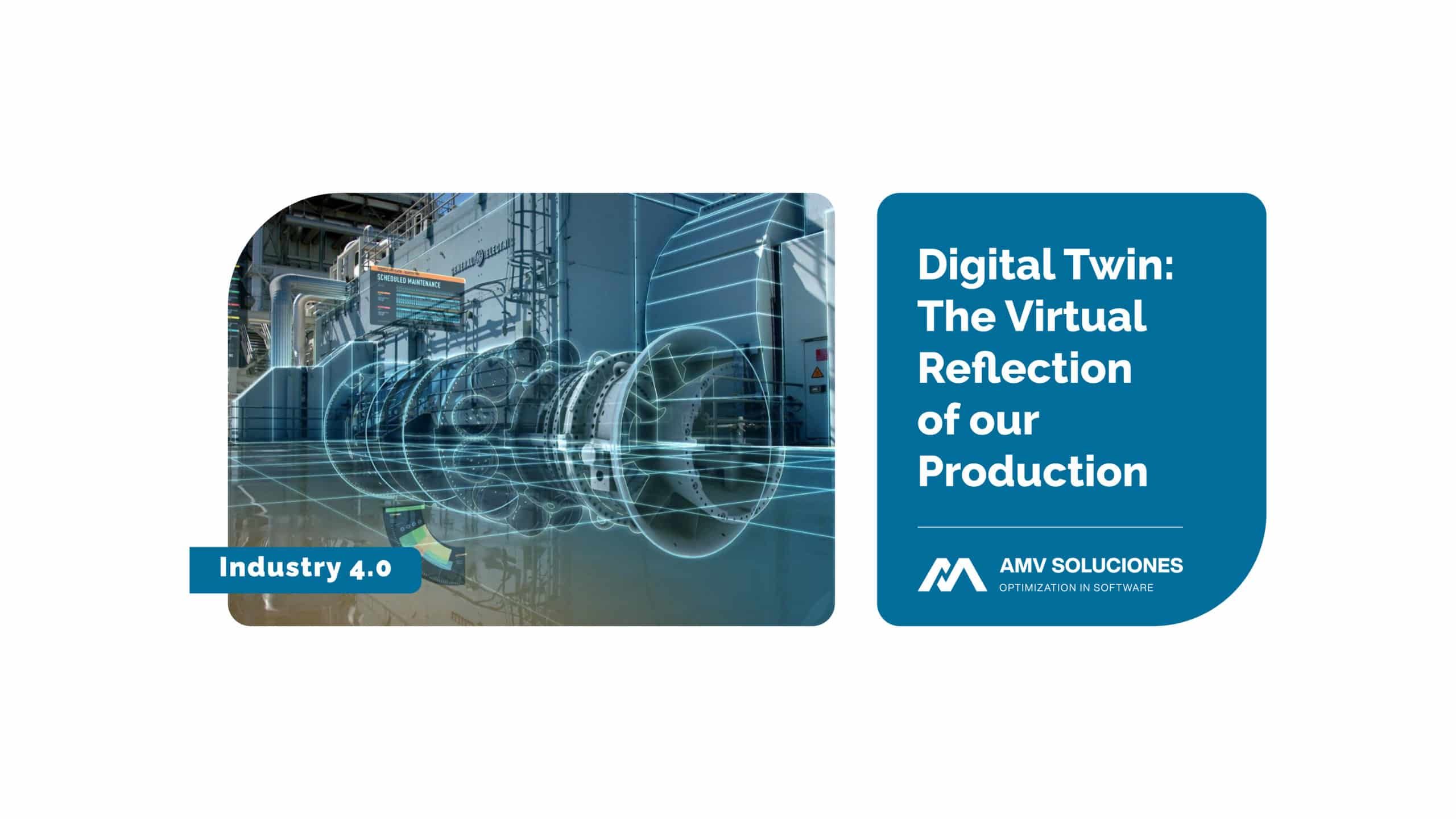Production is an activity that is characterised by trial and error until we find the recipe that comes closest to our objectives. Trial and error provides us with experience, but in some cases, at high costs that can lead to a certain decrease in productivity as they consume resources. Therefore, the dilemma is to find the point at which testing is no longer cost-effective, which is not easy to detect.
What if we could do unlimited testing at a low cost? Clearly, we could increase our effectiveness and improve our production processes and reduce our level of resource consumption. The tools that currently allow us to do this are all those that Industry 4.0 incorporates: big data, artificial intelligence, cloud computing, simulations, among others. They enable the evolution of the old “factories” to “smart factories”, i.e. those that, thanks to technology, can optimise their activities.
The concept of the “digital twin” is the one that stands out in terms of testing and error proofing. This is the representation of a real system through a computer system. It is characterised by the fact that it offers the possibility of carrying out simulations in the computer system without having to do so in the real environment, thus avoiding incurring real production costs and being able to prevent any obstacles that may arise.
The opportunity to have a digital replica to which we can incorporate data gives us the power to capture information, process it and know the results, prior to carrying out the action on the real situation. We will have the same result from both twins as long as we incorporate the same inputs, which will allow us to anticipate all kinds of problems and avoid them before they occur. In other words, we can predict virtually everything that will happen in the real world and act accordingly.
It is worth noting that the process of creating a digital twin is by no means simple. It involves the collection of a large volume of data over time in order for the simulations to be reliable and representative. It is therefore a process that cannot be carried out overnight, but rather after an extensive data collection phase. Nevertheless, the benefits will far outweigh the costs by the time the simulations can be started.
There is no doubt that digital twins are an addition to the industrial sector that will enable improvements to be made in all processes even before they are started. In a world in which the value of resources is increasing, having the possibility of simulating with them without consuming them is of great value. For this reason, we consider its implementation to be fundamental in all production sectors. Technology not only improves our processes, but also allows for optimal resource management, which is of vital importance for both industry and the world around us.



